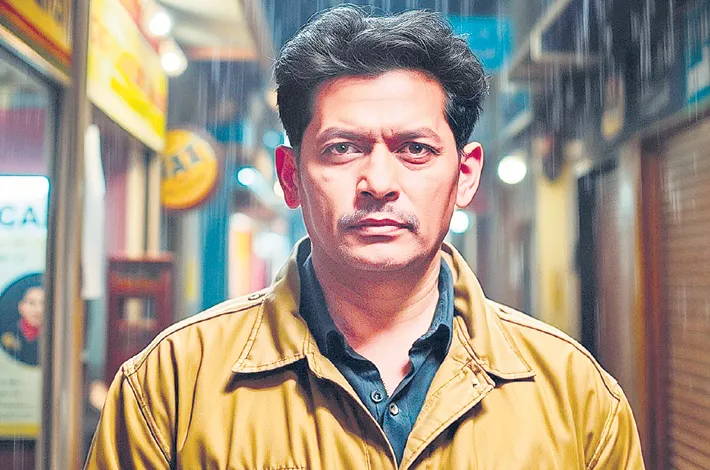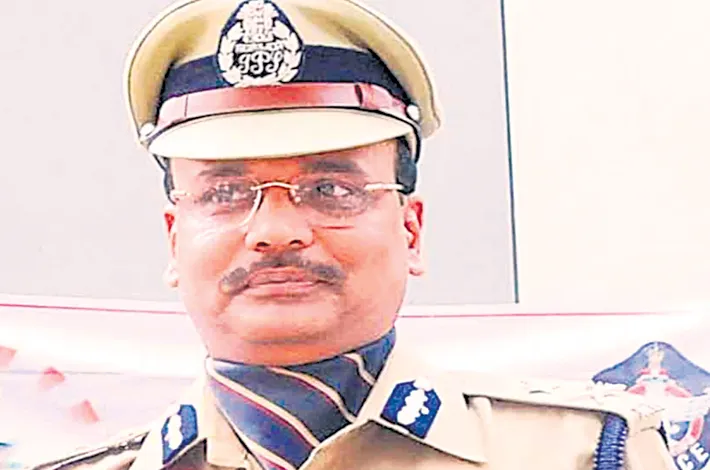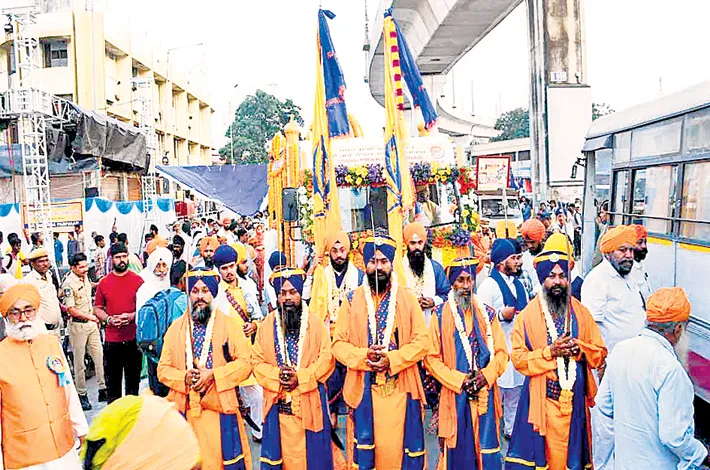The Imphal Mystery of Disappearances
17-09-2025 12:00:00 AM

The monsoon rains battered Imphal, turning its narrow streets into rivers of mud. Detective Lanchenba Singh, a wiry man with a scar running down his left cheek, stood beneath the flickering neon sign of a tea stall, his khaki coat soaked through. The city was restless tonight, its pulse quickened by whispers of a new case—a string of disappearances in the Loktak Lake slums. Three women, all in their twenties, had vanished over the past month, leaving no trace except rumors of a shadow that moved in the dark.
Lanchenba sipped his tea, the bitter brew grounding him as he scanned the case file on his phone. The victims—Leima, Thoi, and Ningthou—had no apparent connection. Leima was a weaver, Thoi a schoolteacher, and Ningthou a street vendor. Yet, each was last seen near the lake’s edge, where the water hyacinths choked the shore and the air smelled of rot. The locals spoke of a ghost, a vengeful spirit from Manipur’s folklore, but Lanchenba didn’t believe in ghosts. He believed in patterns, and something about these cases felt deliberate.
His phone buzzed. It was Inspector Tomba, his partner at the Imphal West Police Station. “Found something at Keibul Lamjao,” Tomba said, his voice crackling through the rain. “You’d better come quick.”
Lanchenba arrived at the edge of Loktak Lake, where the floating phumdis—rafts of vegetation—bobbed eerily under the moonlight. Tomba stood near a cluster of reeds, holding a plastic evidence bag. Inside was a silver bangle, intricately engraved with Meitei script. “It’s Ningthou’s,” Tomba said. “A fisherman found it snagged in the hyacinths. No body, though.”
Lanchenba crouched, examining the muddy shore. The rain had erased any footprints, but a faint drag mark caught his eye, leading toward the water. “This wasn’t a ghost,” he muttered. “Someone’s using the lake to cover their tracks.”
Back at the station, Lanchenba and Tomba pored over maps and witness statements. The slums were a maze of stilted huts and narrow alleys, a place where secrets festered. Locals mentioned a man seen lurking near the lake—a tall figure in a hooded jacket, always at dusk. No one knew his name, but he’d been spotted buying fish from vendors, always paying in cash, always alone.
Lanchenba’s gut told him the lake was key. Loktak wasn’t just a body of water; it was Imphal’s lifeblood, its floating gardens sustaining families for generations. But it was also a place of shadows, where smugglers and traffickers operated under the cover of mist. He decided to stake out the lake at dusk, blending into the crowd of fishermen and vendors.
The next evening, he crouched behind a stack of bamboo near the shore, his eyes scanning the horizon. The rain had slowed to a drizzle, and the lake shimmered like a sheet of glass. Hours passed, and his legs cramped, but then he saw it—a figure in a hooded jacket, moving swiftly along the phumdis. Lanchenba followed, his boots sinking into the mud as he kept his distance. The man stopped at a small boat, its hull half-hidden by reeds, and began unloading something heavy, wrapped in tarpaulin.
Lanchenba’s heart raced. He crept closer, his hand on the revolver at his hip. The man turned, his face obscured by the hood, but his movements were deliberate, practiced. As Lanchenba stepped onto the phumdi, the platform wobbled, and a twig snapped underfoot. The man froze, then bolted, leaping into the boat and starting the motor.
“Stop!” Lanchenba shouted, sprinting toward the shore. The boat roared to life, slicing through the water. Lanchenba radioed Tomba, who was stationed a kilometer away, and commandeered a fisherman’s canoe. The chase was on, the lake’s currents pulling at the flimsy vessel as he paddled after the fleeing figure.
The boat veered toward a dense patch of hyacinths, where the water was shallow. Lanchenba’s canoe scraped against the plants, slowing him down, but he caught a glimpse of the man abandoning the boat and wading toward a cluster of abandoned huts on a nearby phumdi. Lanchenba followed, his breath ragged, the weight of his revolver steadying his resolve.
Inside the hut, the air was thick with the stench of decay. Lanchenba’s flashlight swept across the room, landing on a pile of ropes, a knife, and a stack of photographs—pictures of the missing women, their faces frozen in fear. His stomach churned. This wasn’t just a hiding spot; it was a lair.
Footsteps thudded behind him. Lanchenba spun, his flashlight catching the glint of a blade as the hooded man lunged. Instinct took over. Lanchenba dodged, tackling the man to the ground. The struggle was brutal, fists and elbows flying in the cramped space. Lanchenba’s scar burned as a fist grazed his face, but he managed to pin the man down, cuffing his wrists.
Under the hood was a face Lanchenba recognized—Romen, a local trader who’d once been a respected member of the community. His eyes were wild, his voice a low growl. “They deserved it,” he spat. “They were impure, defiling the lake.”
Romen’s confession came in fragments as Tomba arrived with backup. He’d been abducting women he deemed “unworthy,” driven by a twisted belief that he was cleansing Imphal’s soul. The bodies, he claimed, were sunk deep in the lake, weighed down with stones. Divers later recovered them, each wrapped in tarpaulin, their faces hauntingly serene.
As dawn broke over Imphal, Lanchenba stood by the lake, the rain finally gone. The city felt quieter, but the scars of the case lingered. Loktak Lake would always hold its secrets, but for now, one shadow had been dragged into the light.








